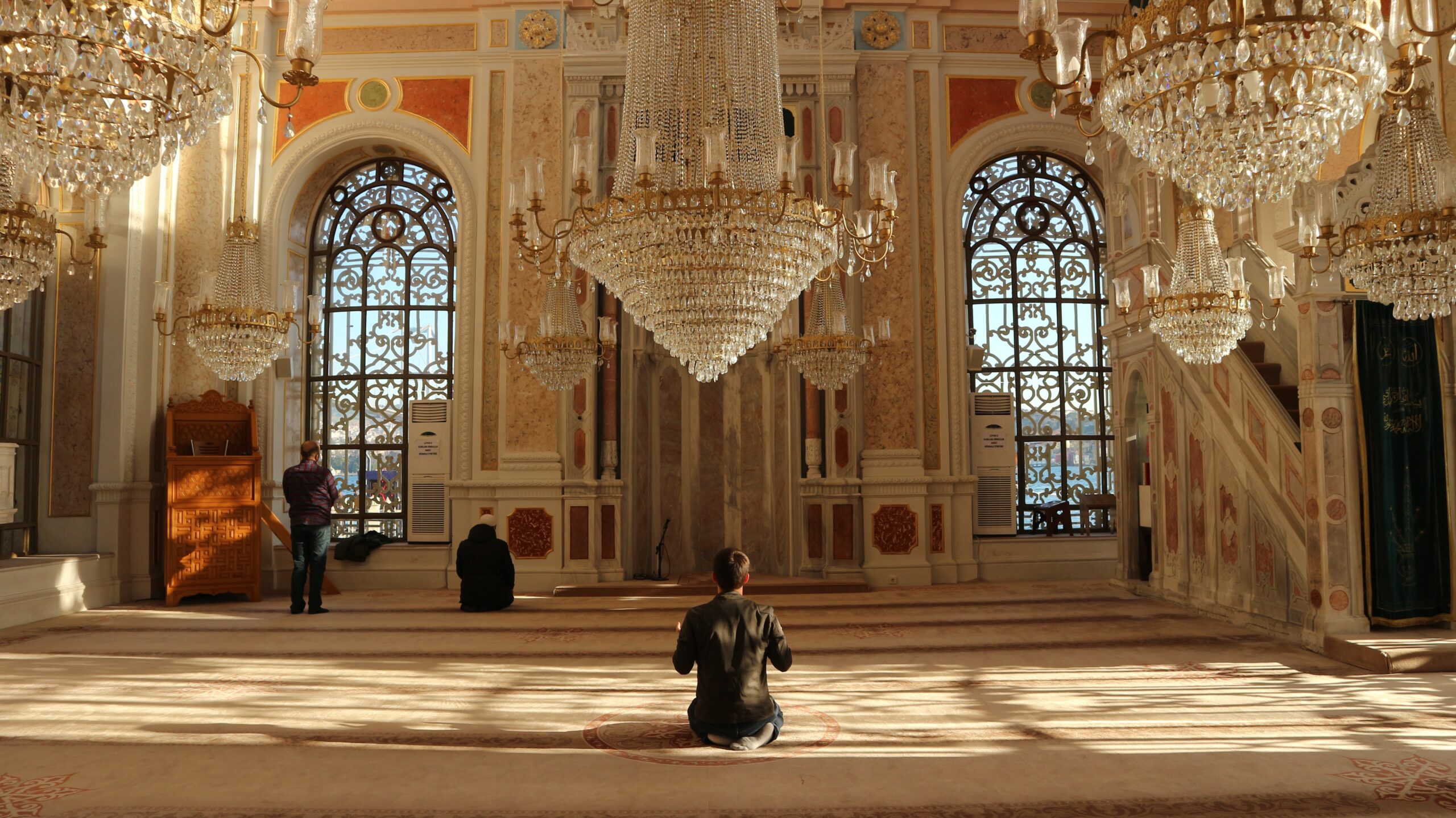By Ralph Thompson (Global Muslim Initiatives Coordinator)
“The steadfast love of the Lord never ceases; his mercies never come to an end; they are new every morning; great is your faithfulness.” – Lamentations 3:22-23 ESV
For almost a quarter of our planet’s population, the most important time of year is the holy month of Ramadan. Falling on the ninth month of the Islamic lunar calendar each year, Ramadan lasts for twenty-nine or thirty days, from one sighting of the crescent moon to the next. This significant month is a sacred time of deep reflection and piety for the nearly two billion people who make up the global Muslim community (ummah).
Standing tall as one of the Five Pillars of Islam, the month-long fasting (sawm) during Ramadan is an obligation for all adults who are not sick, traveling, elderly, breastfeeding, diabetic, or menstruating to show their submission (Islam) to God. By abstaining from food and drink, Muslims also share in the hunger and thirst of the needy as a reminder to help those less fortunate and to renew their gratitude for God’s provision in their own lives. From dawn until dusk, Muslims not only obstain from food and drink, but also tobacco products, sexual relations, and sinful behaviors. They instead devote themselves to prayer (salat), giving of alms (zakat), doing good deeds, and the study of their holy book – the Qur’an. It is believed that spiritual rewards for such acts during the month of Ramadan are multiplied.
The last ten days of Ramadan are especially important, as it includes the holiest night of the year – The Night of Power (Laylat-al-Qadr). It is believed that on this night, Muhammad received his first revelation from God through the angel Gabriel while meditating in a cave on Mt. Hira near Mecca. It not only commemorates the night the first verses of the Qur’an were revealed, but Muslims believe this night is better than a thousand months (Surah 97:3) in that God’s blessings, forgiveness, and rewards for fasting and other good deeds are multiplied exponentially.
For this reason, many choose not to sleep on this night, preferring instead to strive (jihad) for God’s forgiveness of their sins. Ultimately, the hope is that the scales of justice might be tipped in their favor in anticipation of the coming Day of Judgement. While the exact date is not known, it is generally believed that the Night of Power falls on one of the odd numbered dates of the last ten days of Ramadan. Some believe it is on the 23rd night, others the 27th night.
Recently, I was talking to my refrigerator repairman who grew up a Muslim but recently became a Christian. In discussing the Night of Power, he shared that the concept of God’s mercy was one of the main factors that led him to become a Christian. As a Muslim, he was well familiar with the ninety-nine names of God, including Ar-Rahman (The Most Merciful). But a nagging question continued to bother him: “Could God be ‘the most merciful’ if he’s only merciful one night of the year?” As he began learning more about the Christian view of God, including the fact that he’s merciful “24/7”, this became a powerful draw which eventually led to his conversion.
The other thing that bothered him as a Muslim, was the issue of not ever knowing if you’ve done enough good deeds to merit God’s favor. He explained this way, “In Islam, some good deeds have the weight of a stone, and others have the weight of a feather.” (Think balancing scales) “The problem is you never know what kind of stone or feather. Is it a pebble? Is it a rock? Is it a boulder? Is the feather a finch feather? An Eagle feather? A pterodactyl feather?” In other words, there was no way of ever knowing if his good deeds were ever enough for God to allow him into Paradise (Jannah). This led to a tremendous amount of fear and uncertainty.
As tonight marks the beginning of Ramadan, would you join us in praying for Muslims – that they might come to know and experience the steadfast love of the Lord, His mercies that never come to an end, and the beautiful assurance that Jesus’ sacrifice on the cross was sufficient to atone for all of our sins?
Discussion Questions:
If you commit to praying for Muslims during Ramadan, please go to our prayer wall once or twice a week during Ramadan and put in a request to pray for the Muslims in your community. You can also say, “Praying for Muslims (add your own verse to the wall).” Click here.
Related Articles:
- Learn more about Ralph Thompson by clicking here.
- What Are My Next Steps To Following Jesus?
- The Apprentice
- Free Resources


